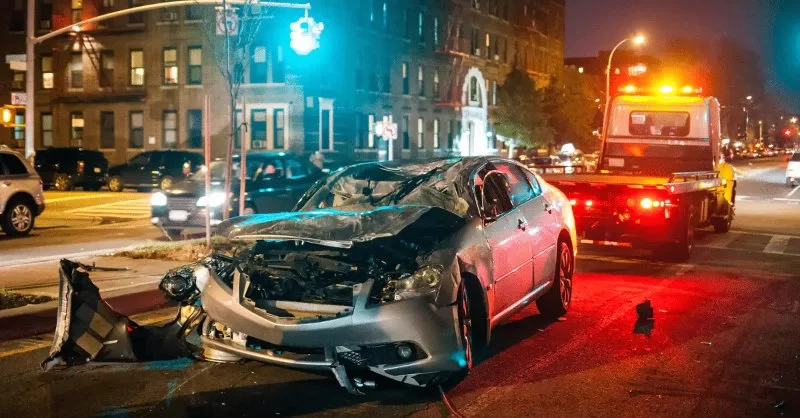- ensuring-safety-and-calling-for-help
- documenting-the-accident-scene
- exchanging-information-with-other-parties
- seeking-medical-attention-even-if-you-feel-fine
- reporting-the-accident-to-insurance
- protecting-your-legal-rights-with-professional-help
- real-cases-and-practical-lessons
1. Ensuring Safety and Calling for Help
The moments immediately after a car accident are often chaotic and overwhelming. The first priority should always be safety. If possible, move your vehicle to a safe location and turn on hazard lights to alert other drivers. Once you and others are safe, call 911 to report the accident. Emergency services will assess injuries, provide medical care, and document the incident, which becomes crucial evidence later. Taking these steps not only protects your well-being but also ensures the accident is formally recorded.
2. Documenting the Accident Scene
Accident evidence often fades quickly, so thorough documentation is vital. Use your phone to take photos of the vehicles, license plates, road conditions, and any visible injuries. Capture wide-angle shots as well as close-ups to provide a complete view of the scene. Also, make detailed notes about the time, location, weather, and traffic. This documentation can be a game-changer when insurance companies or legal professionals evaluate responsibility. Missing this step may leave you vulnerable if the other party disputes the facts.
3. Exchanging Information with Other Parties
After ensuring safety, exchange information with the other driver. Collect their name, phone number, driver’s license, license plate, and insurance details. If there are witnesses, politely ask for their contact information as well. However, avoid admitting fault or making speculative comments at the scene—these statements can later be used against you. Keeping communication professional and factual ensures your legal rights are preserved while still complying with reporting requirements.
4. Seeking Medical Attention Even If You Feel Fine
It’s common to feel uninjured immediately after an accident due to adrenaline masking pain. However, conditions such as whiplash, concussions, or internal injuries may appear hours or days later. Visiting a doctor as soon as possible establishes a medical record linking your injuries to the accident. This record is essential if you need to file an insurance claim or pursue compensation. Ignoring medical evaluation could weaken your case and delay recovery.
5. Reporting the Accident to Insurance
Contact your insurance provider promptly to report the accident. Provide them with accurate information, photographs, and documents you gathered at the scene. Insurance companies often have strict deadlines, and delays can complicate claims. While it’s important to cooperate, avoid giving recorded statements without understanding your rights. The information you provide must be truthful but cautious to prevent misinterpretation.
6. Protecting Your Legal Rights with Professional Help
One of the most important steps after a car accident is consulting an experienced attorney. A lawyer can guide you through the legal process, handle negotiations with insurance companies, and represent your best interests if the case escalates. Platforms like Fred Miller Lawyer specialize in helping accident victims protect their legal rights and secure fair compensation. Professional legal advice ensures that you don’t inadvertently weaken your claim by making avoidable mistakes early in the process.
7. Real Cases and Practical Lessons
Consider the case of Mark, who was rear-ended at a stoplight. At first, he felt only mild discomfort and didn’t seek medical attention. A week later, he developed severe back pain, but because he hadn’t documented his injuries promptly, his claim faced challenges. In contrast, Emily, another accident victim, immediately went to the hospital, documented everything, and consulted a lawyer. Her proactive steps ensured she received compensation for medical bills and lost wages. These examples highlight the importance of acting quickly to safeguard your legal rights after a car accident.


 fuller law firm
fuller law firm lennox manassas va
lennox manassas va grace legal group reviews
grace legal group reviews peraza law
peraza law collins family law group
collins family law group